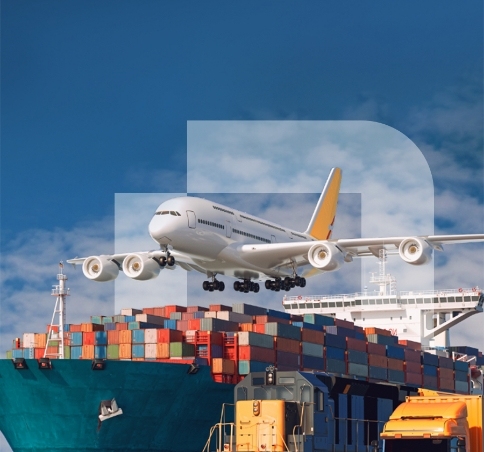News and Articles
Hydrogen-Fueled Transportation: A Deep Dive into Thailand's Clean Mobility Future
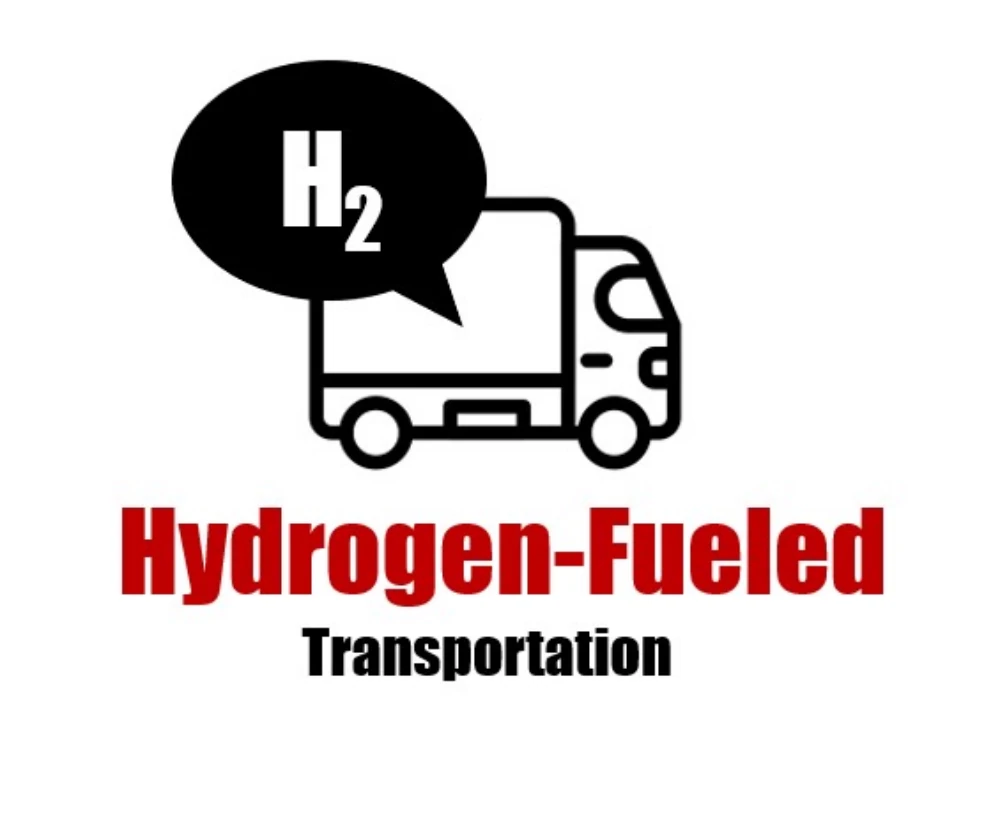
Hydrogen-Fueled Transportation: A Deep Dive into Thailand's Clean Mobility Future
The transportation sector is a major contributor to greenhouse gas emissions globally, with Thailand facing its share of air pollution challenges. Hydrogen fuel cell technology presents a compelling alternative, offering a clean and potentially transformative solution. Let's delve deeper into how hydrogen works for logistics and transportation management, explore its benefits and limitations, and examine ongoing initiatives in Thailand.
Fueling the Future: How Hydrogen Powers Vehicles
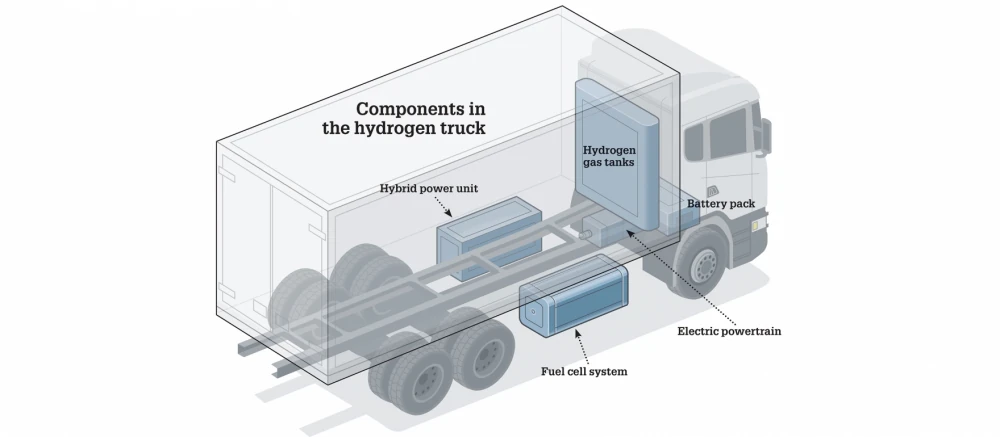
Unlike traditional combustion engines that burn fuel, hydrogen-powered vehicles utilize fuel cell technology. Here's a breakdown of the process:
- Onboard Storage: Compressed hydrogen gas is stored in high-pressure tanks within the vehicle.
- Fuel Cell Reaction: Hydrogen gas is fed into the fuel cell, where it interacts with oxygen drawn from the air. This reaction, facilitated by a catalyst, produces electricity.
- Electricity Powers the Drive: The generated electricity powers the vehicle's electric motor, propelling it forward.
- Clean Emissions: The only byproduct of this process is water vapor, making hydrogen a zero-emission solution for transportation.
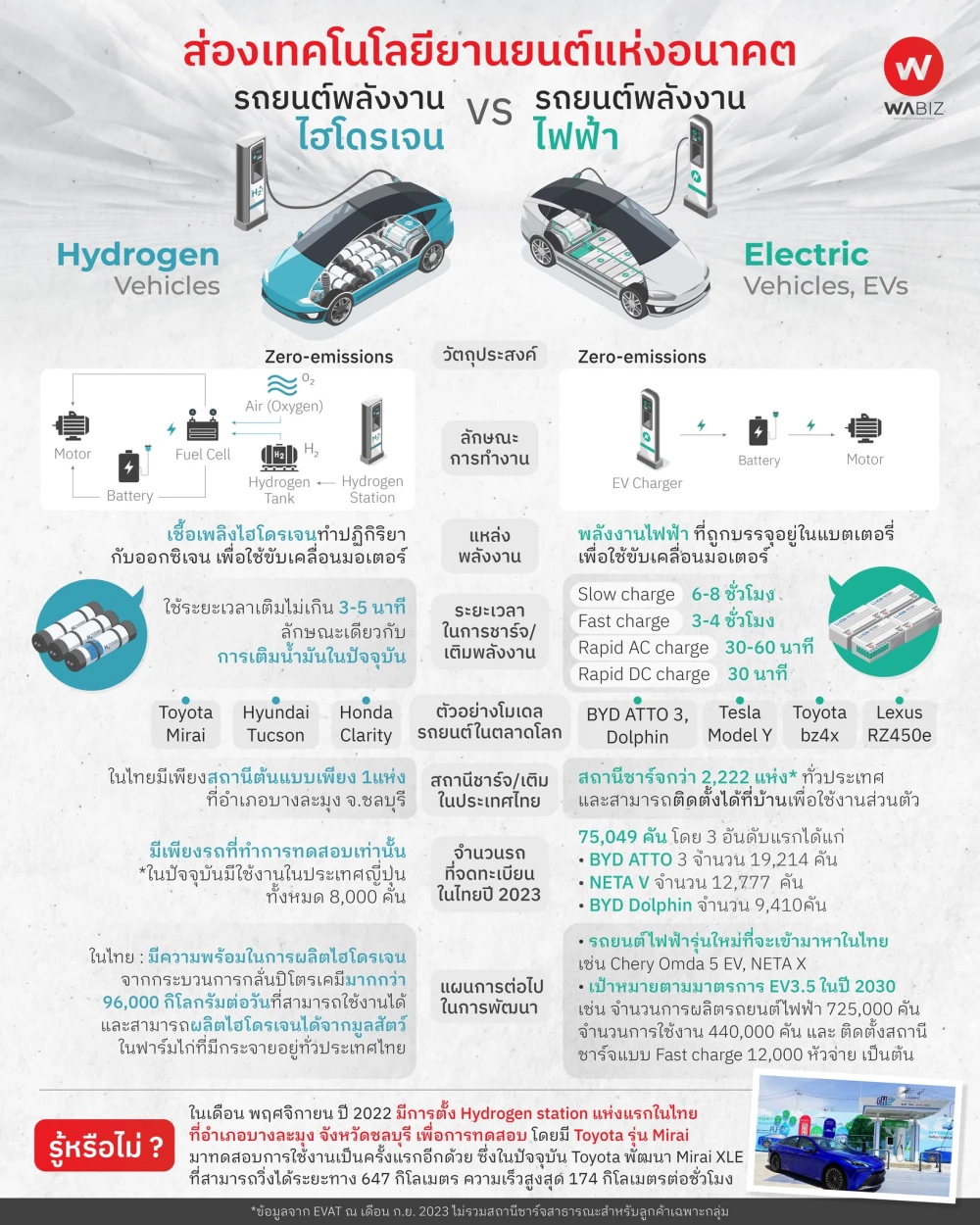
Logistics and Transportation Management: Gearing Up for Clean Miles
Hydrogen's potential lies not just in its clean nature but also in its practical advantages for logistics and transportation management:
- Long Driving Range: Unlike battery-electric vehicles (BEVs) with limited range due to battery capacity, hydrogen-powered vehicles boast a much longer driving range. Estimates suggest ranges exceeding 1,000 kilometers, making them ideal for long-haul trucking and public transportation needs.
- Faster Refueling: Refueling a hydrogen vehicle is similar to filling a conventional gasoline car, taking just a few minutes compared to the longer charging times associated with BEVs. This translates to faster turnaround times for trucks and buses, optimizing operational efficiency.
- High Payload Capacity: Hydrogen-powered vehicles can maintain a high payload capacity compared to BEVs, where battery weight can be a limiting factor. This is crucial for heavy-duty transportation applications.
Benefits for Thailand: A Brighter, Cleaner Transportation Horizon
Thailand's transition to hydrogen-powered transportation holds immense promise:
- Reduced Emissions: By replacing traditional fuel sources, hydrogen vehicles could significantly reduce greenhouse gas emissions and improve air quality, a major concern in Thai cities.
- Energy Security: Thailand can explore producing hydrogen domestically from renewable sources like solar or wind power. This would lessen dependence on imported fossil fuels and enhance energy security.
- Job Creation: The hydrogen economy has the potential to create new jobs in areas like green hydrogen production, infrastructure development, and vehicle maintenance.
Implementation Constraints: Hurdles on the Road to Widespread Adoption
While hydrogen holds great promise, several challenges need to be addressed for widespread adoption in Thailand:
- Limited Infrastructure: Currently, Thailand has only one operational hydrogen refueling station in Chonburi province. Building a nationwide network of stations requires significant investment and collaboration between public and private sectors.
- Production Cost: Producing green hydrogen using renewable energy sources is currently more expensive than traditional fuel options. Technological advancements and economies of scale can help drive down production costs in the long run.
- Vehicle Availability: The availability of hydrogen-powered vehicles for purchase in Thailand is limited. Collaborations with major automakers and creating incentives for vehicle production are crucial steps.
Case Studies in Thailand: Pioneering a Clean Transportation Future
Despite the challenges, Thailand is making strides in exploring hydrogen transportation:
- PTT - OR - TOYOTA - BIG Consortium: This collaboration established Thailand's first hydrogen refueling station in Chonburi, showcasing the technology's feasibility and paving the way for a national network. More information, please visit PTT website on https://www.pttplc.com/th/Media/News/Content-40716.aspx
- Thai Company and Toyota Tsusho: Their joint development of Thailand's first hydrogen-powered truck prototype demonstrates the commitment to research and development in this area. This pilot project can provide valuable data for future commercialization of hydrogen trucks in Thailand's logistics sector.
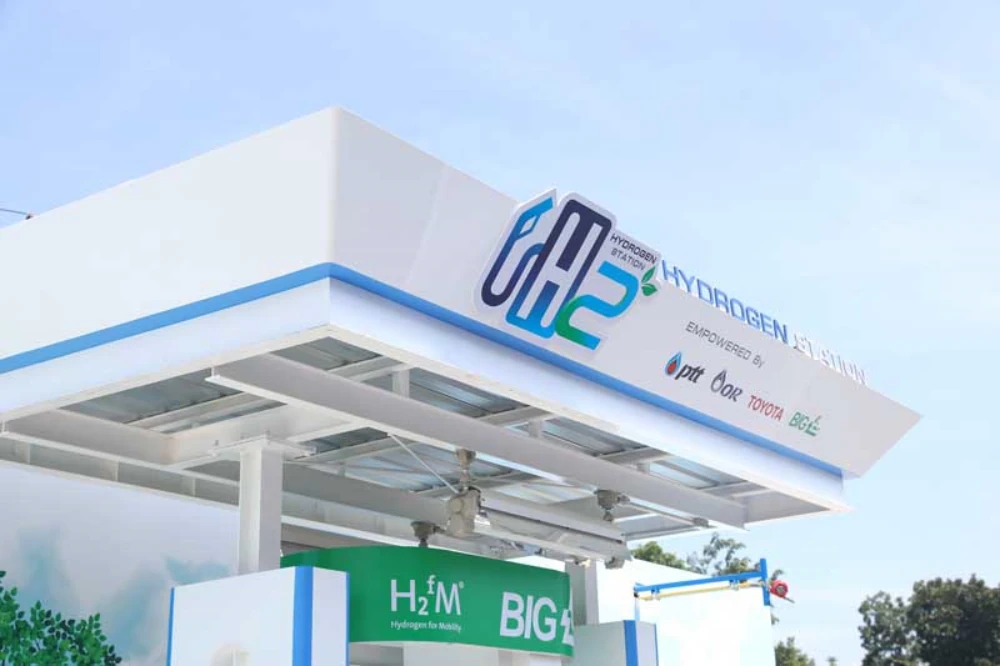
Conclusion: A Sustainable Path Forward
Thailand's initial steps in hydrogen transportation showcase its potential to revolutionize the nation's mobility landscape. Continued government support, investments in infrastructure development, collaboration with private entities, and cost reduction strategies are essential for wider adoption. By embracing hydrogen power, Thailand can unlock a cleaner, more sustainable transportation future while fostering economic growth and energy independence.




